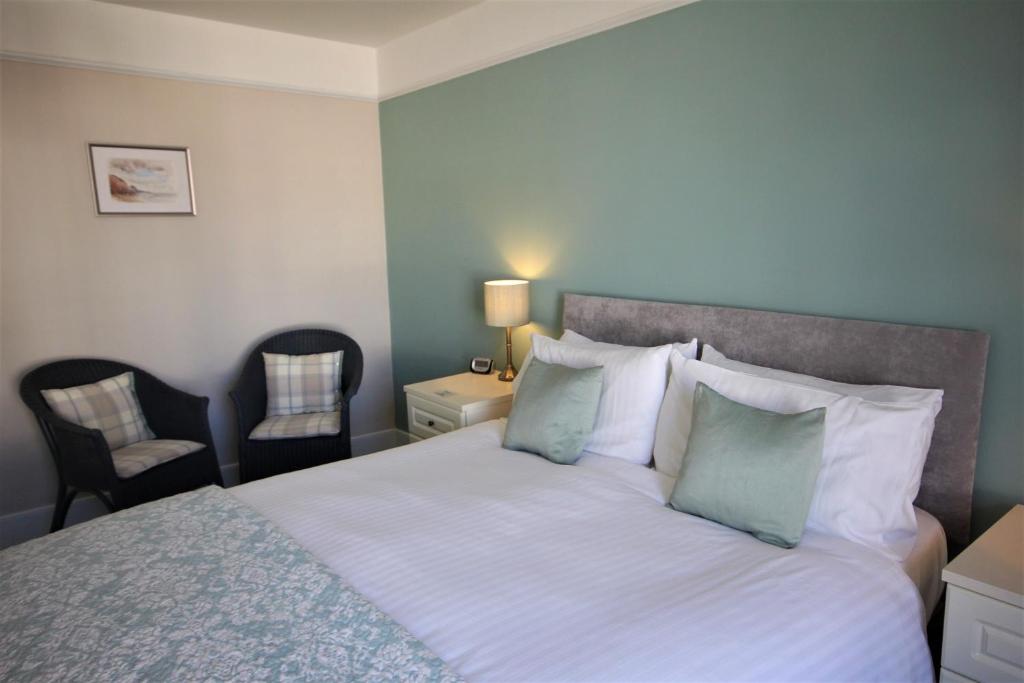Mentioned by Things To Do
What to do and see in Buckfastleigh, England: The Best
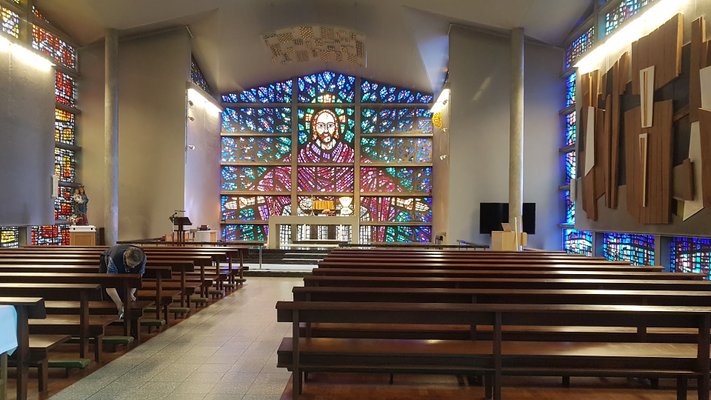
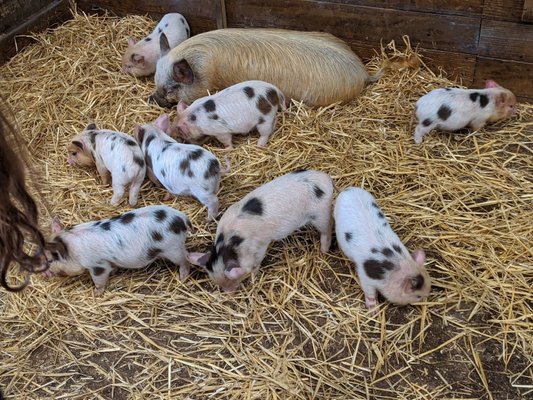
"Meet farm animals both large and small at Pennywell, including the ridiculously cute micro pigs. You simply must give them a cuddle if you visit. If you visit at Easter there’s hands-on lamb and kid goat feeding."
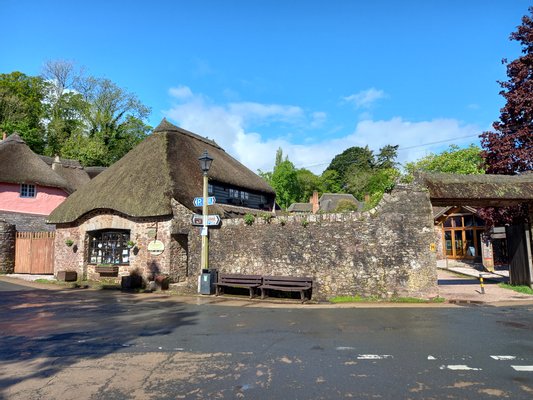
"If you’re looking for picturesque old cottages, craft studios and countryside walks, then you’ve come to the right place. Cockington is an award winning country park, with a Grade II listed manor house, tea rooms and an art gallery. You’ll come across quite a few thatched cottages like this one – Cockington is one of the most densely thatched villages in England."
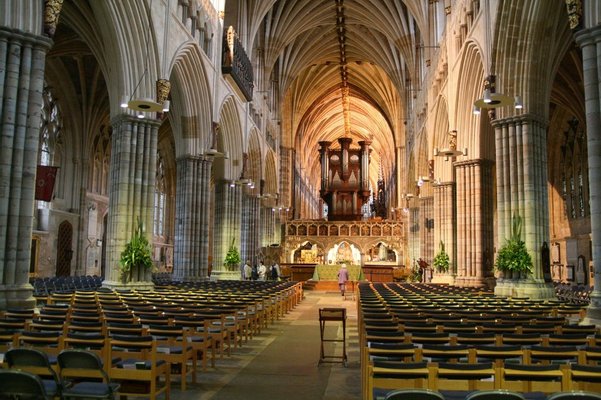
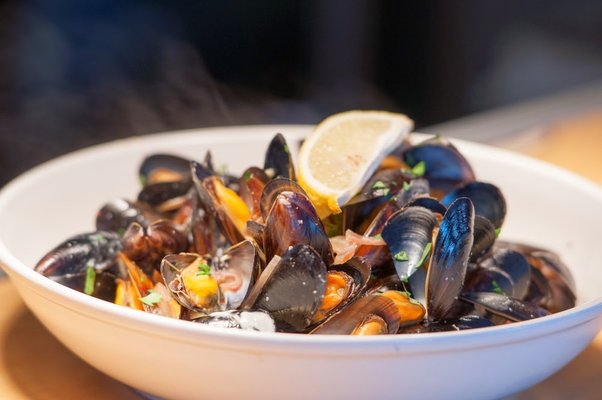
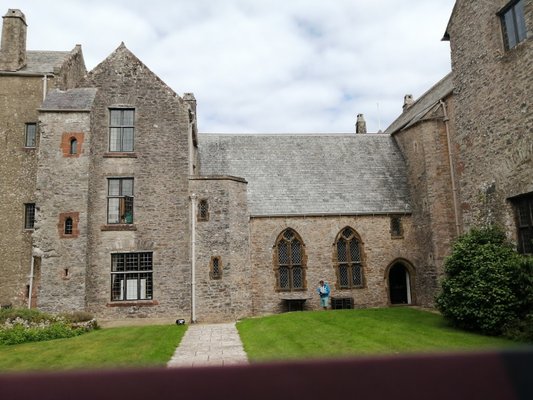

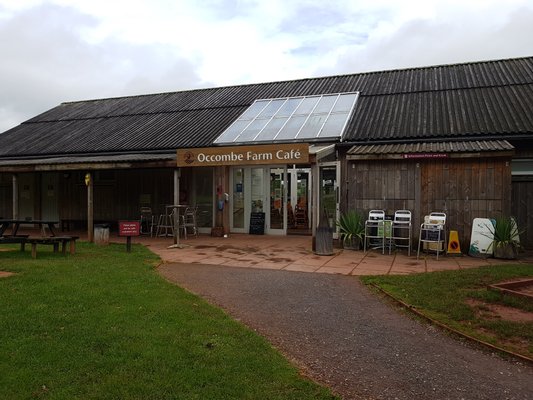


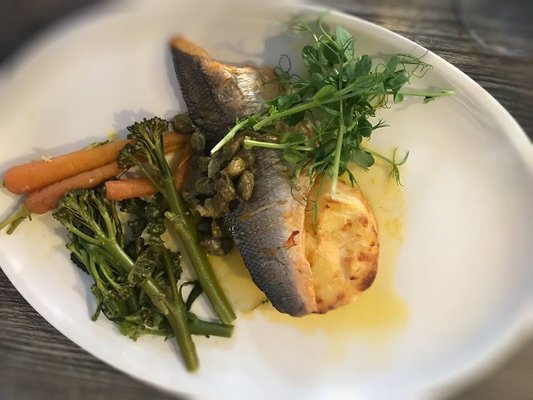
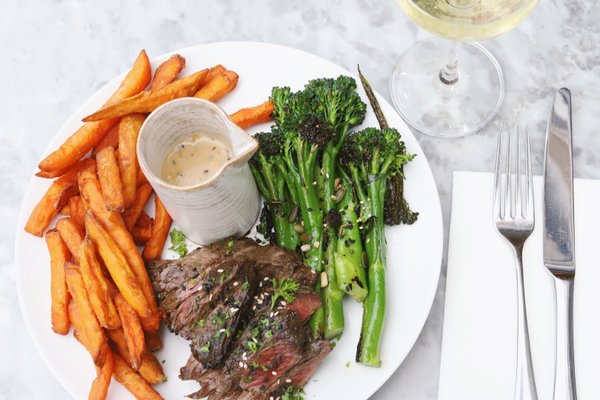
"Pink Moon Café can be found on Queen Street, a stone’s throw away from Exeter Central station and is one of Exeter’s newest coffee and dining spots. My visit to Pink Moon reminded me of some of the trendy London cafes such as EL&N Café and GRIND with the neon lights and pink theme, it seems to be the “in place” to snap a photo of your coffee amongst the pretty décor. There is a café / grab & go side to the café and a restaurant side for those who would like to sip and dine at a more leisurely pace."
"Did you know that the city of Exeter was home to JK Rowling during her university days, and that many of the magical places in the Harry Potter novels are thought to be inspired by the beautiful city?. Great fact, but that’s enough Harry Potter. You’re here because you want to find the best brunch spots in town that are conveniently near to your student accommodation in Exeter, right?"
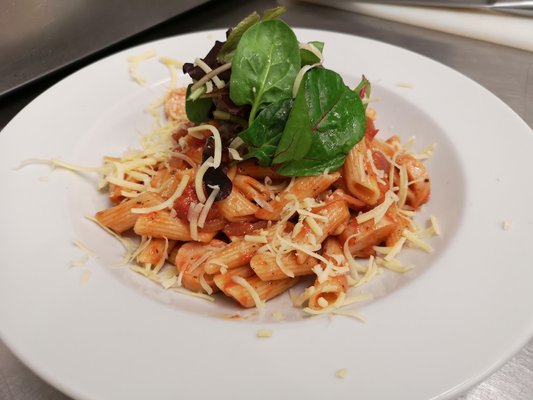
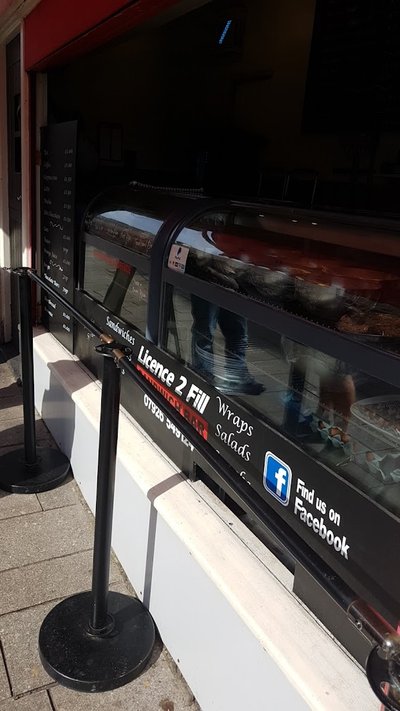
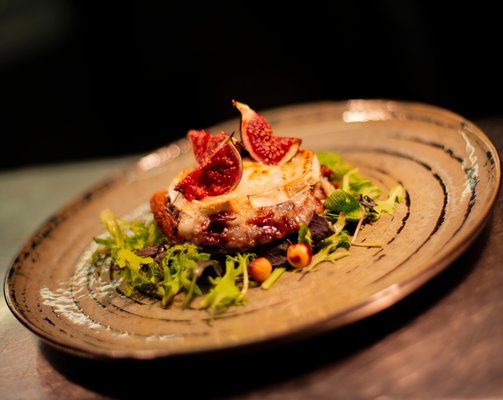
"One cannot think well, love well, sleep well, if one has not dined well.” So wrote Virginia Woolf and it's a sentiment we agree with whole ..."
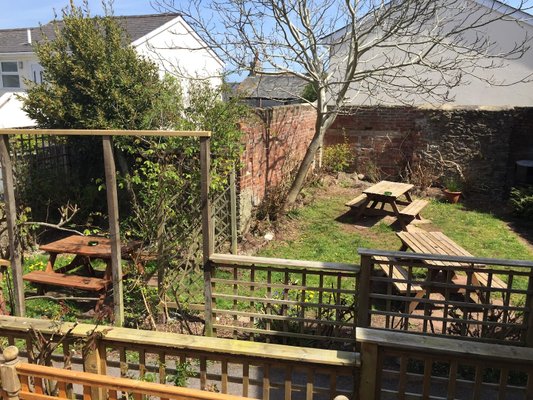
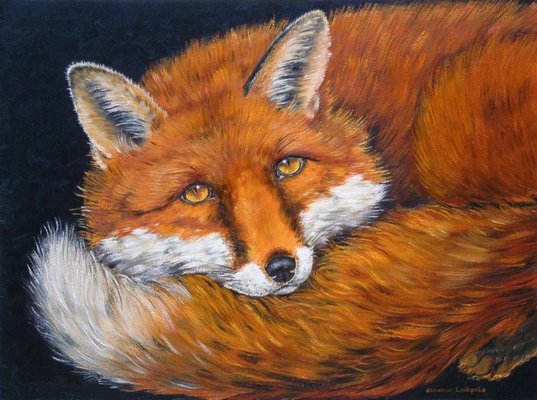
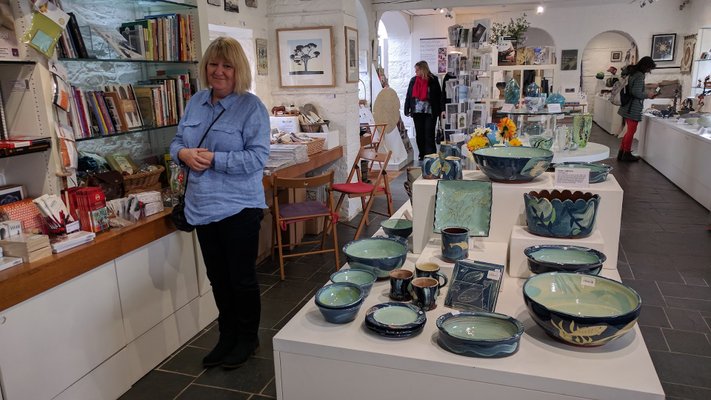
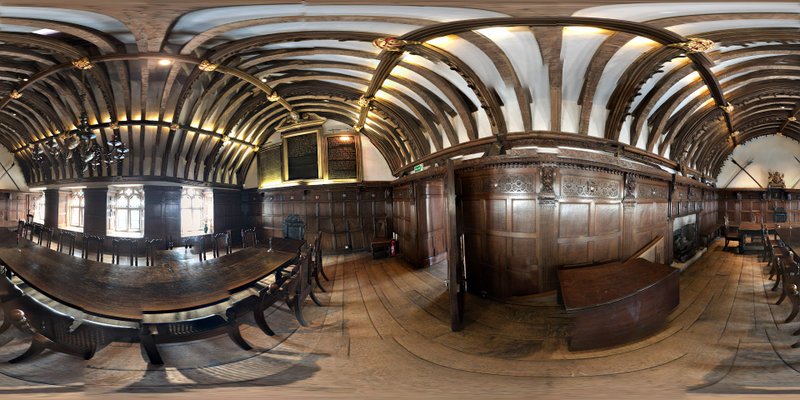
"Address: 140 Fore Street, Exeter, Devon, EX4 3AN, England, UK Tel: +44 01392 412348 Standing on Fore Street and dating back to 1471, Tuckers Hall is now a Grade II listed landmark and was formerly a chapel, being built for the city's guild of the weavers, tuckers and shearers (the woollen cloth workers). Soon after, this medieval building began to function as a meeting space and guildhall for the weavers, and was modernised by the Victorians in the 1870s. Exeter is very famous for its historical woollen textile industry, and in the early 18th century, was actually responsible for some 25% of England's overall output."


